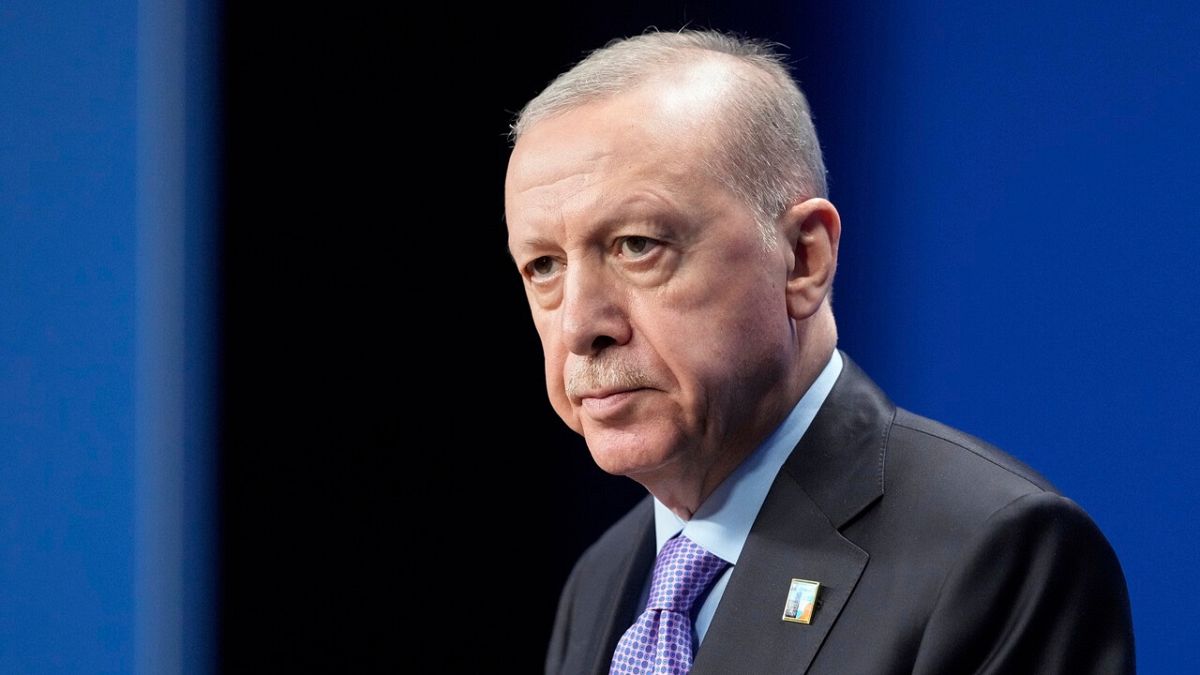

In a significant step towards peace, the Kurdish Kurdistan Workers’ Party (PKK) has begun laying down its arms in Iraq, signaling a hopeful chapter in the long-standing conflict with Turkey. This peaceful development marks a transformation towards stability and dialogue in the region, promising new possibilities for cooperation and understanding.
Turkish President Recep Tayyip Erdogan heralded the disarmament as a notable achievement for his administration and the nation, describing it as opening “a new page in history.” The move comes after decades of strife, where the PKK initially pursued the creation of a separate Kurdish state in southeastern Turkey. Over the years, the group’s goals evolved to seek greater autonomy for Turkey’s Kurdish communities, reflecting changing dynamics and aspirations.
The symbolic ceremony that took place on a sunny Friday in July represents more than the end of armament. It seeks to foster a peaceful reconciliation, demonstrating the potential for resolving deeply ingrained conflicts through dialogue and mutual respect. The event has been embraced by various stakeholders as a step in the right direction, suggesting the power of commitment and diplomacy over discord.
The disarmament not only alleviates a historical tension but also offers a path for the socio-economic development of the affected regions. As weapons are laid aside, there is an opportunity to redirect focus towards building infrastructure, enhancing education, and creating jobs, ensuring a brighter future for all communities involved. This shift in priorities aims to foster genuine understanding between diverse groups, making the benefits of peace tangible for the people who have endured cycles of conflict.
Moreover, the timing of this development emphasizes the importance of geopolitical stability in the Middle East, especially as other tensions simmer within the region. In parallel, discussions around nuclear activities have engaged international attention, with Iran positioning again on the global stage regarding its nuclear program. The delicate web of political alliances and negotiations reminds us of the broader surrounding environment and the interconnected nature of peace initiatives.
Iran has suggested readiness to resume nuclear talks, contingent upon assurances of no further attacks by the US and its allies. This proposal highlights the sensitive balance required in international relations, where trust and cooperation are essential ingredients for progress. Past incidents, such as the June attacks by the US and Israel, underscore both the potential for hostility and the pressing need for dialogue to avert further escalation.
As these concurrent events unfold, the key lies in maintaining a calm and methodical approach towards resolutions that benefit all parties. With the PKK’s disarmament, there is hope for a ripple effect, encouraging other groups embroiled in tension to consider peaceful pathways. The ceremonious laying down of arms serves as a potent reminder that while history may be marred by conflict, it can also pave the way for harmony and collective growth.
Ultimately, these strides towards peace promise a future where communities can thrive in unity and security, undivided by past grievances. The efforts of Turkey and the PKK epitomize the power of negotiation and emphasize the essential values of understanding and reconciliation. The commitment to peaceful solutions invites a wealth of opportunities for progress and cooperation, encouraging a global culture of mindfulness and constructive dialogue.
As the world observes these developments, the lessons of Turkey and the PKK remain a beacon for how reconciliation can shape prosperous futures, transcending borders and differences. With vigilance and hope, this new chapter encourages continued support and fostered relationships that unify rather than divide.
Source: {link}
